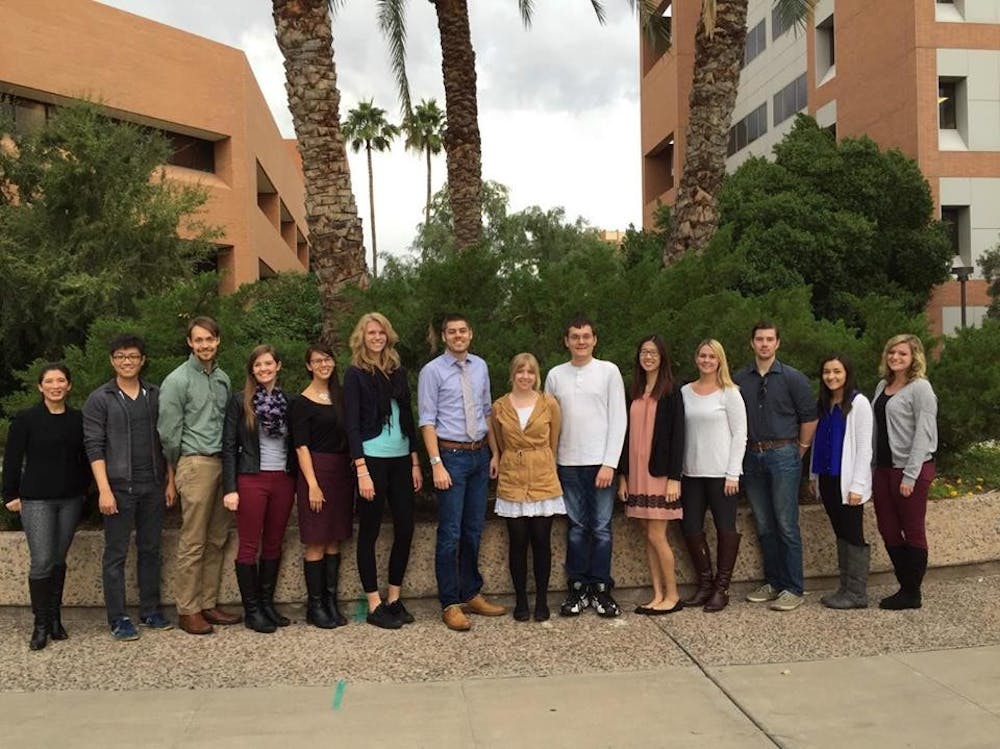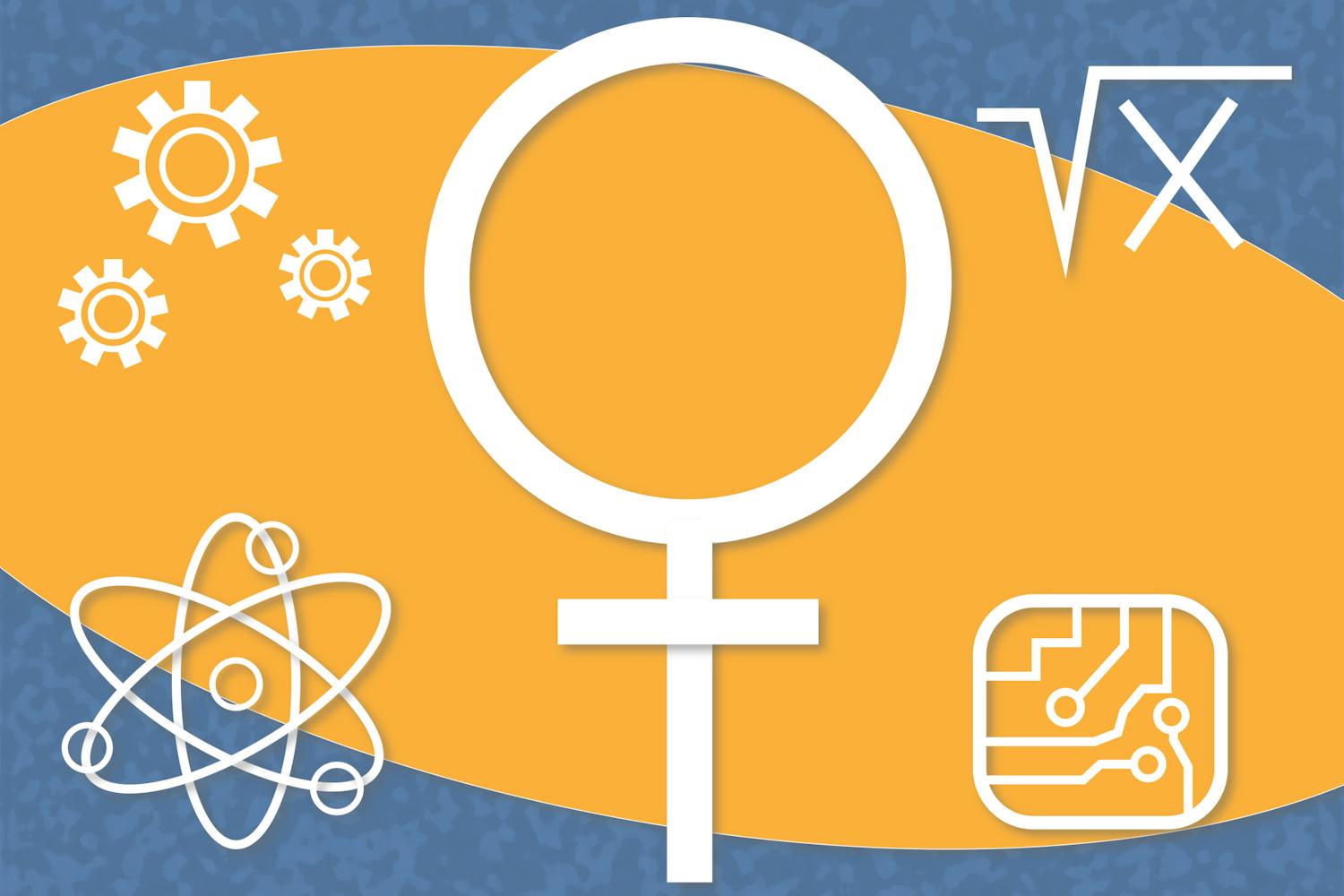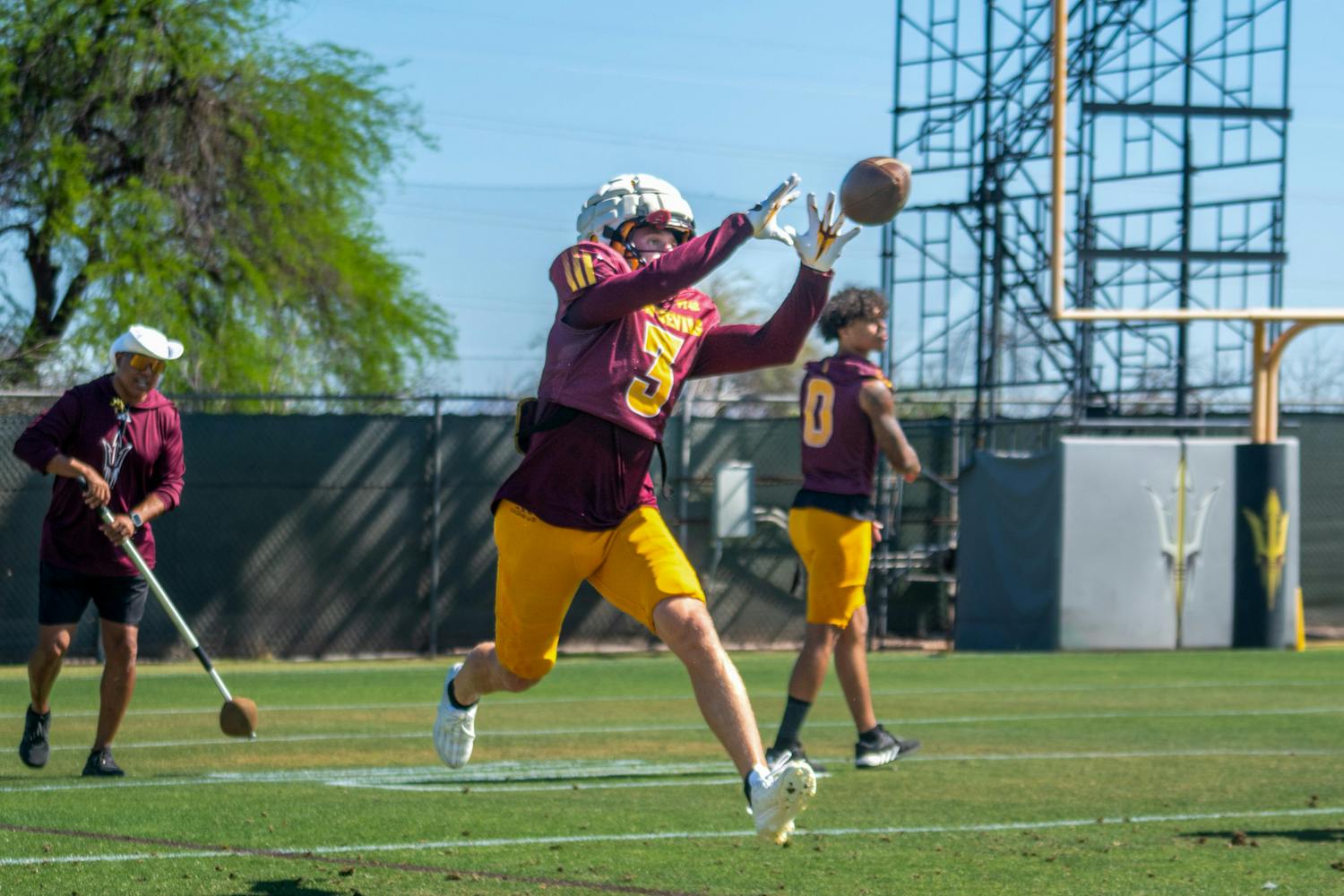Monica and Rachel, Lucy and Ethel, Meredith and Christina. Female friendships have long captured audiences, and the SPLAT Lab is no exception.
In their latest study, the SPLAT Lab, or Shiota Psychophysiology Lab for Affective Testing, is bringing in pairs of female friends to figure out how they support and regulate each other in stressful situations.
Claire Yee, lab manager and social psychology graduate student, said that she wants to see how friends respond to each other in different situations.
“We want to look at how friends respond when they’re talking to each other about different kinds of problems or disclosing different kinds of feelings, like remorse or positive events,” Yee said. “We want to see how they interact with each other, how they’re able to support each other and the different ways that that might look.”
Alexander Danvers, a social psychology graduate student who also works in the lab, said the study also involves attachment styles that people learn when they're younger.
“There’s this theory in developmental psychology that our childhood attachment style, the way we attach to our primary caregiver ... is supposed to translate into our adult attachment style,” Danvers said.
Danvers said that patterns of attachment from childhood might then transfer into patters in romantic relationships and friendships.
“This is sort of extending that idea and looking at the way people are sort of attached in friendships and whether that can help people regulate each other,” Danvers said.
Michelle Shiota, the faculty director at the lab, said she feels this study is different from some of the past ones they've done.
“This is an unusual study because it reflects ideas from a few different people — two undergraduate students, and two graduate students — a few years ago, and we decided to combine them all into a single study,” Shiota wrote in an email.
Danvers said the lab is looking at both behavioral and physiological responses.
“We have some elements of it where we look at people having conversations and we look at their behaviors and we record their behavior,” Danvers said. “We have some of it also looking at their physiological responses (breathing rates, heart rates) … and how those things are related to each other while they’re interacting."
Danvers said that there is research that suggests that people help regulate each other emotionally.
“One of the ways that people study emotion regulation is by looking at how quickly do people recover from stressors or if they’re talking about stressful things, might it be helpful to have somebody that you care about there,” Danvers said.
Yee said she believes friendship is really important for college age groups, which is why the study focuses on undergraduates.
“I think this is such an important type of relationship, particularly for females in college," Yee said. "It’s such a different time — you have all these different experiences going on in college. So I think that looking at friends and the way that they support you during this time is really important for me to understand."
Reach the reporter at avcabral@asu.edu or follow @angeligagaa on Twitter.
Like The State Press on Facebook and follow @statepress on Twitter.




